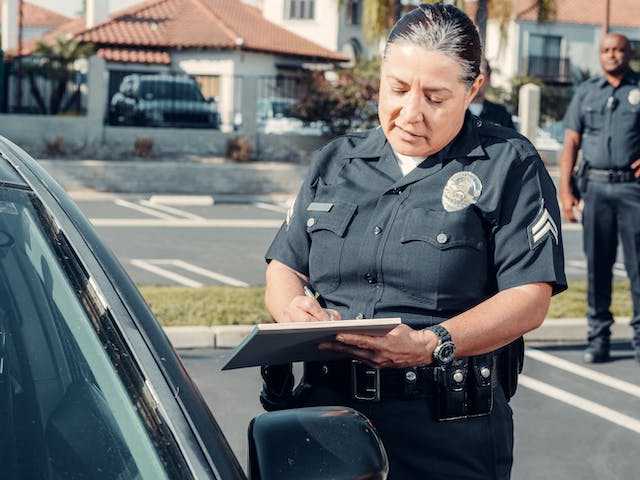When you are suspected of drunk driving, police officers have a variety of ways they can determine whether or not you are under the influence of alcohol. From breathalyzer, which determines your blood alcohol concentration (BAC) through a device, to blood tests, the police will do everything possible to determine whether or not you are breaking the law. One assessment, a field sobriety test, is also standard. However, many wonder if they have the right to refuse this test. The following blog explores the consequences of refusing to take a field sobriety test and how Houston DWI defense attorneys can assist you in these challenging times.
What Is a Field Sobriety Test?
A field sobriety test is an assessment used by law enforcement officers to determine whether or not a driver is under the influence of alcohol. Generally, this utilizes three separate physical tests to assess whether or not a driver is intoxicated.
The first and most common is an eye test, where you will follow an object with your eyes. This allows the officer to observe whether or not your eyes are steady or you need to move your head to keep your focus on the object.
Additionally, the officer will observe your ability to balance on one leg for thirty seconds. Even if you can stay steady for 25, losing your balance too early can result in evidence against you. Similarly, you will be asked to walk in a straight line, often heel to toe, before making a sharp turn and walking back.
As you can see, these tests pose many challenges and can be unreliable to determine whether someone is under the influence.
Am I Allowed to Refuse This Test?
Since these tests can be unreliable and do not provide specific measures to determine whether or not someone is legally impaired, you may wonder if you can refuse the test. It’s important to note that you are not legally obligated to participate in a field sobriety test. However, refusal to take this test will result in an immediate license suspension for 180 days through the Administrative License Renovation Program.
By participating in a field sobriety test, you are giving the officer, who already suspects you of driving under the influence, additional evidence to use against you. If you do not engage in the test, other forms of evidence must uncovered to hold you liable.
If you are arrested for a DWI because you refuse the field sobriety test, you may be able to request a hearing to overturn your Administrative License Revocation (ALR). These must be requested within 15 days of the arrest. There, you can provide evidence to have your license revocation overturned.
When you are facing legal trouble for a DWI or refusal to take a field sobriety test, the Gonzalez Law Group is ready to help. Our dedicated legal team will do everything possible to assist you through these challenging times. Contact us today to learn how we can assist you.

